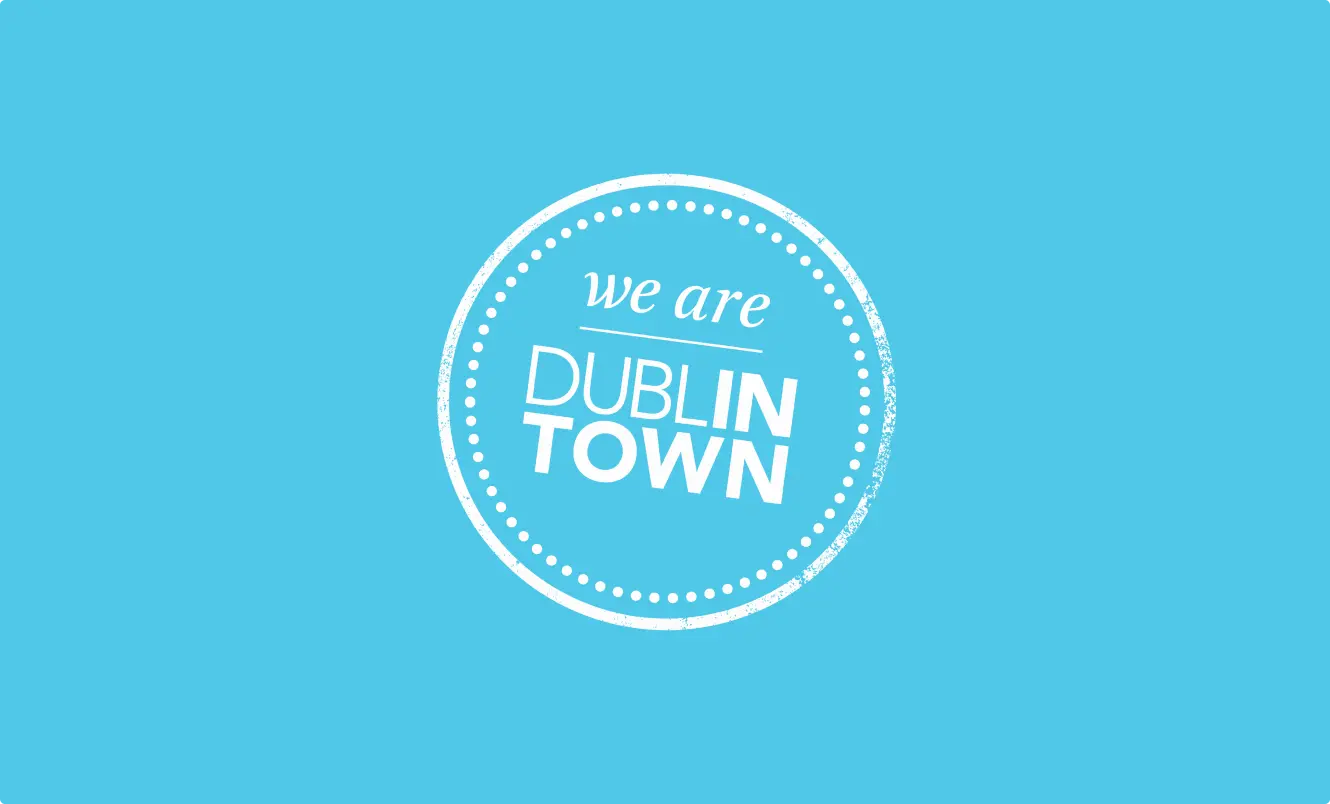DublinTown Statement: Dublin Transport Plan – New Dublin traffic plan cannot go ahead without real engagement with businesses

- Thu 08 February, 2024
Plans to ban motor vehicles in several areas of the city centre cannot go ahead before in-depth consultation with local businesses, it has been warned.
Business lobby group Dublin Town said the radical Dublin City Centre Transport Plan, which would see sections of the North and South Quays at Bachelor’s Walk and Aston Quay reallocated for walking and cycling, cannot be introduced before detailed workshops with businesses and genuine concerns are addressed.
Following confirmation that Dublin City Council is to press ahead with the plan, DublinTown CEO, Richard Guiney, said businesses are very worried around access, deliveries, waste collection and potential resultant anti-social behaviour in areas with little or no vehicular traffic.
According to DublinTown, which has 2,500 members, there is a need to address concerns that the city would become less accessible with a resultant loss of customers if the Dublin City Council and National Transport Authority plan goes ahead.
This would lead to increased vehicle movements and increases in transport related emissions, contrary to the plan’s objectives.
“The Dublin City centre business community has serious concerns around deliveries, waste collection and access for services and construction,” said DublinTown CEO, Richard Guiney.
“These must be addressed through proactive workshops. Moving traffic out of the City centre will prove pointless if it is merely relocated to suburban retail parks and shopping centres with limited public transport. Market research commissioned by Dublin Town on the plan shows there is a potential to lose a proportion of City shoppers who will instead use suburban retail parks and out of town shopping centres, and will most likely drive there. This would actually increase emissions.
“It is now clear these plans are going to be implemented and DublinTown accepts the reasoning behind them and that it has a duty to help ensure they work. However, there is much more work to do around consultation. Only by fine tuning these proposals with businesses can we create a city fit for the 21st century.
“Our research showed a lack of awareness, particularly amongst those most likely to drive, and the elderly. It showed that in equal measure people were happy and frustrated, excited and worried, content and confused.
“There simply must be more public engagement. Addressing climate change requires significant lifestyle alteration. People must understand what is being done and why they are being asked to support it.
“Implementation will ensure significant additional traffic, including large delivery vehicles, in residential areas. In addition to enhanced public engagement, there needs to be fast tracking of last mile shared deliveries, and a subsidised scheme to promote retail delivery to the home or workplace.
“In tandem, there must be a campaign to encourage the use of sustainable transport for those availing of both the day and night time economies. To avoid anti-social behaviour in new plazas and pedestrianised areas we must see activations take place and the public realms must be enhanced.”


